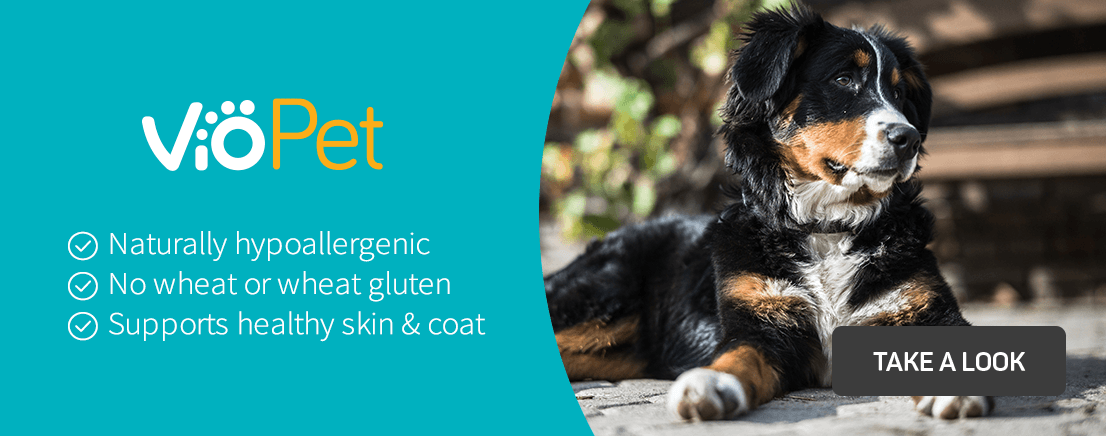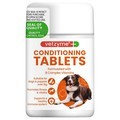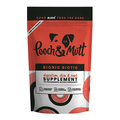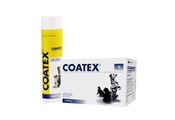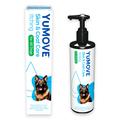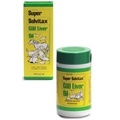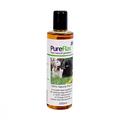Dandruff is an uncomfortable and unsightly condition that affects as many dogs as it does humans. Like humans, some dogs are more prone to dandruff and dermatitis-related problems than others, but often there is an underlying cause that is triggering the dryness and scurfy coat.
Essentially, dandruff is just the surface layer of skin that has flaked off due to excessive dryness. Dry skin can be caused by a number of different things, including diet, allergies and climate. Some breeds are more susceptible to skin and coat complaints and will have regular bouts of dandruff without obvious cause.
What should you do if you notice dandruff?
If you’re concerned about your dog’s skin, your first port of call should always be your vet. If the dandruff is accompanied by hair loss then it is definitely worth investigating, as Cushing’s disease may be to blame.
Otherwise, your vet will probably consider allergies and diet. Allergy tests may be conducted to pinpoint the particular allergen that is causing the problem. Once this has been done, you can remove the problem from your dog’s environment or diet (if it’s a food allergy).
Switching to a hypoallergenic or grain-free food may help, especially if your dog has digestive sensitivity or an intolerance. Your vet will be able to advise on this.
You may also consider introducing a skin and coat supplement containing zinc, vitamins A and E and Omega oils. Combined, these ingredients will help nourish and protect the skin, improving its overall health and appearance. Yumega is a popular product formulated to reduce itching, scaling and sensitivity and improve skin health and coat shine.
Regular grooming is recommended to help combat dandruff as, not only does it aid the hair renewal process, it stimulates the hair follicle to secrete its natural oils, helping to nourish and moisturise the skin. Be careful not to brush too hard though as this can irritate dry skin further.
Likewise, bathing your pet can help remove dead skin, but doing it too often will strip the skin of its natural oils and make the problem worse. Try to choose a shampoo that is gentle, soap-free and pH balanced, and make sure you rinse your pet thoroughly afterwards and dry your pet off.
By following these steps and getting the advice of your vet, your pet will be in top condition in no time! Please share your own advice if you have any :)
Written by: Hannah

